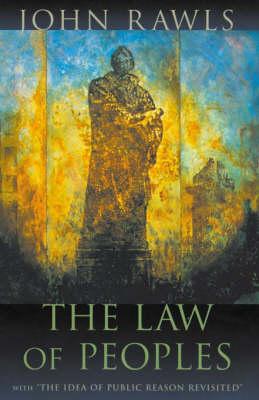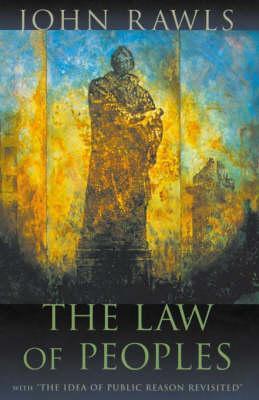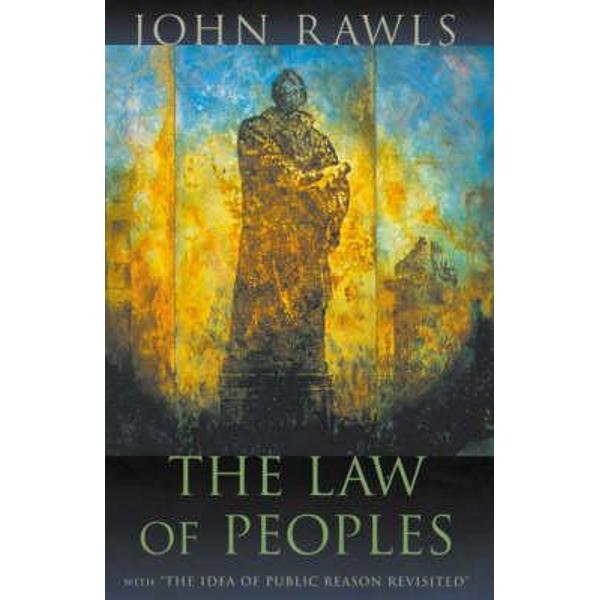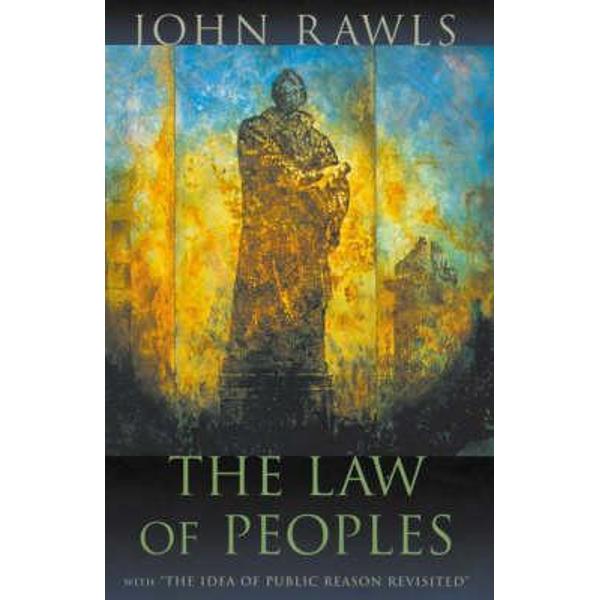The Law of Peoples: With The Idea of Public Reason Revisited
The Law of Peoples: With The Idea of Public Reason Revisited
"The Law of Peoples" extends the idea of a social contract to the Society of Peoples and lays out the general principles that can and should be accepted by both liberal and non-liberal societies as the standard for regulating their behavior toward one another. In particular, it draws a crucial distinction between basic human rights and the rights of each citizen of a liberal constitutional democracy. It explores the terms under which such a society may appropriately wage war against an "outlaw society" and discusses the moral grounds for rendering assistance to non-liberal societies burdened by unfavorable political and economic conditions.
"The Idea of Public Reason Revisited" explains why the constraints of public reason, a concept first discussed in Political Liberalism (1993), are ones that holders of both religious and non-religious comprehensive views can reasonably endorse. It is Rawls's most detailed account of how a modern constitutional democracy, based on a liberal political conception, could and would be viewed as legitimate by reasonable citizens who on religious, philosophical, or moral grounds do not themselves accept a liberal comprehensive doctrine-such as that of Kant, or Mill, or Rawls's own "Justice as Fairness," presented in A Theory of Justice (1971).
PRP: 274.89 Lei
Acesta este Prețul Recomandat de Producător. Prețul de vânzare al produsului este afișat mai jos.
247.40Lei
247.40Lei
274.89 LeiLivrare in 2-4 saptamani
Descrierea produsului
"The Law of Peoples" extends the idea of a social contract to the Society of Peoples and lays out the general principles that can and should be accepted by both liberal and non-liberal societies as the standard for regulating their behavior toward one another. In particular, it draws a crucial distinction between basic human rights and the rights of each citizen of a liberal constitutional democracy. It explores the terms under which such a society may appropriately wage war against an "outlaw society" and discusses the moral grounds for rendering assistance to non-liberal societies burdened by unfavorable political and economic conditions.
"The Idea of Public Reason Revisited" explains why the constraints of public reason, a concept first discussed in Political Liberalism (1993), are ones that holders of both religious and non-religious comprehensive views can reasonably endorse. It is Rawls's most detailed account of how a modern constitutional democracy, based on a liberal political conception, could and would be viewed as legitimate by reasonable citizens who on religious, philosophical, or moral grounds do not themselves accept a liberal comprehensive doctrine-such as that of Kant, or Mill, or Rawls's own "Justice as Fairness," presented in A Theory of Justice (1971).
Detaliile produsului














